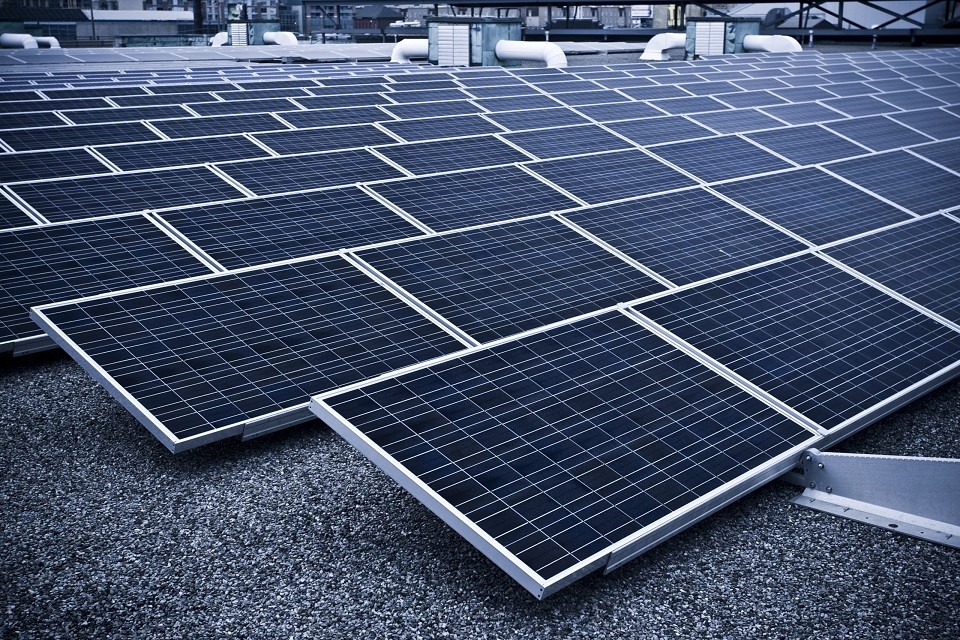Solar power is currently the most widely-adapted form of renewable energy. More and more people are adopting this form of power in response to various factors, including the desire to adopt a more sustainable energy source and the need for cheaper electricity as utility costs soar.
More than 3 million Australian households now have solar panel systems. The majority of those boast a combined capacity greater than 10GW. These statistics, in addition to the ever-increasing number of solar panel installations, clearly indicate that the Australian solar energy industry is booming.
While more people are turning to solar for electricity generation, a few sceptics remain. Their primary concern lies in the question of how efficient solar panels are. This is a valid worry. After all, solar panel systems are a significant investment; thus, there is a desire to justify their cost before purchasing them.
Are Solar Panels Worth Investing?
Solar panels are now the poster child for renewable energy. They have become synonymous with cleaner power in people’s minds. Therefore, what is better than harnessing the sun’s power if you are seeking a sustainable, more environmentally friendly power source?
In addition to cleaner energy, using solar power can help significantly reduce or eliminate your utility bills. However, these benefits require a substantial initial investment that may cause you to question the viability of investing in solar panels.
So, suppose you are gathering all the pertinent information before switching to solar energy. In that case, this article may help calm your concerns by giving you some insights on solar panel efficiency and how it can help you benefit from solar power installations.
What You Need To Know About Solar Panel Efficiency

Solar panel efficiency is one of your primary considerations when shopping for solar panels. So, what does the term refer to?
Solar panel efficiency describes a solar panel’s ability to convert sunlight into usable electricity. Extensive research demonstrates that solar panels are approximately between 15% and 18% efficient. This rating calibration means that 15% to 18% of the sunlight that beams onto the solar panels gets converted into electricity. The rest only warms the panel’s surface. Therefore, the higher (or closer to 18%) the efficiency rating, the more sunlight the solar panel can transform into electricity. However, numerous factors affect solar panel efficiency.
What impacts solar panel efficiency?
Several factors impact solar panel efficiency, including the solar panel’s age, materials used in its manufacture, and the type of solar panel.
The type of solar panel
There are two varieties of solar panels: photovoltaic and thermal. Thermal solar panels capture the sunlight, which they convert into electricity. This attribute makes them well suited to operate efficiently in warm climates. On the other hand, photovoltaic panels separate electrons from sunlight energy. These electrons then become the electricity you use to power your home.
Of the two types of solar panels, photovoltaic panels are more typically adopted in residential settings.
Solar Panel Materials
There are three main materials manufacturers use in solar panel production: multi-junction solar cells, polycrystalline silicon and monocrystalline silicon. Of these, the most efficient is monocrystalline silicon. Consequently, it is also the most widely used variety.
Reflection
Solar panels typically rely on sunlight absorption to generate electricity. Therefore, reflection is a drawback. The more sunlight a solar panel reflects light away from its surface, the less efficient it is. This correlation makes the glass layer on top of the panel crucial.
Other Factors
Other elements that affect solar panel efficiency include:
- Solar plans.
- Sun exposure- you must ensure that your panels are positioned where they get maximum exposure to sunlight. Therefore, there should be no obstacles like tree branches and other buildings.
- Solar panel system design- how you design your solar panel system affects how well you can harness sunlight and generate electricity.
- Regular maintenance- keeping your solar panels in optimum condition ensures they maintain their efficiency long into their use tenure.
Therefore, it is clear that the type of solar panels you select determines their efficiency. So, opting for high-quality, well-made panels is well worth the investment. However, suppose you want to make certain that you have chosen correctly. In that case, you can consult a solar installation professional to get advice on selecting the most efficient solar panels for your home.



